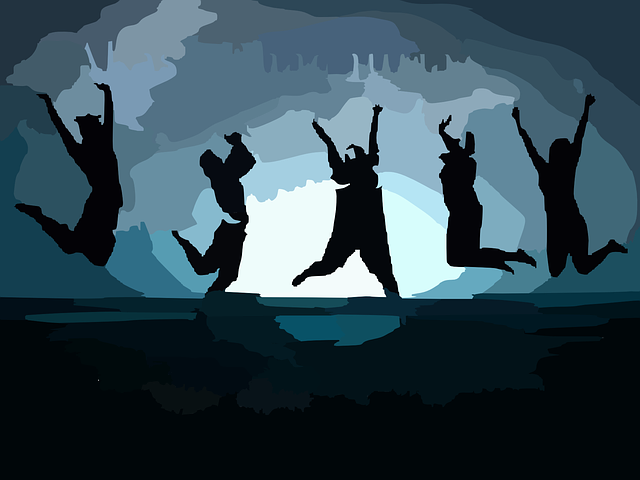Disclaimer: This page may contain affiliate links. We may earn a small commission for purchases made through links in this post, at no extra cost to you.
Myoclonus
- MYOCLONUS:
Definition: Spasm or twitching of a muscle or a group of muscles that occurs in various brain disorders such as multiple sclerosis.
There are different types of myoclonic twitches and most everyone has experienced them from time to time. Have you ever had the hiccups? Have you ever twitched suddenly while falling asleep? Has someone ever touched you and you jerked as a result of it? If you answered yes, then you've had myoclonic twitches. These are perfectly normal.
A common occurrence
Hiccups are the result of myoclonic jerks of the diaphragm. The ones that occur right before you go to sleep are very common. They're specifically called "hypnic jerks". Then there are the jerks or twitches associated with MS and other neurological disorders, like Parkinson's and Alzheimer's disease.
These rarely occur as a single symptom. They are usually accompanied by several other signs depending on the disease. At any given time, you can have one myoclonic jerk or several in a pattern or without a pattern. You may have this symptom ever so often or they may occur several times per minute.
"Jumps"
Jumping may be alright for frogs or very happy people, however, for people with MS - not so much. These jerky movements can be described as jumps caused by involuntary, rapid contraction and relaxation of the muscles. Myoclonic jerks are also seen in people who have epilepsy. The electrical activity in the brain becomes so disordered that they experience seizures.
Many MSers may experience sudden jerks that will literally knock them out of their chairs so to speak. Their bodies may become suddenly rigid or their leg or legs may straighten out so quickly that they slide out of their seats and onto the floor. Many people with multiple sclerosis experience what we call night tremors, the kind you experience when falling asleep. I'm not sure if those that occur in people without MS are less intense, than those with MS.
Treatment for myoclonus
What type of treatment is there for this symptom you ask? First of all, when some drugs which are thought to cause myoclonus are discontinued, the problem may resolve itself. In people with MS, where the symptom is caused by a neurological disorder, doctors may prescribe anticonvulsants. Taking these drugs may help to reduce the symptoms.
Klonopin (or clonazepam) is one of the drugs that is sometimes used to treat this symptom. It may be increased gradually until you feel the symptom has improved or until the side-effects become harmful. The side-effects include drowsiness and loss of coordination. The other thing that may happen with this particular medication is a tolerance to the drug. If this happens, something else may have to be substituted.
Several of the drugs used to treat myoclonic twitches are the same drugs used to treat epilepsy. Each drug, whatever it's benefits, also comes with unwanted side-effects especially if used long-term. Sometimes, the symptom needs to be treated with several drugs at once. The feeling is that combining several of these drugs, greater control of the symptoms can be achieved.
With all of this being said, myoclonus is not a life-threatening symptom. It can be debilitating or limiting for many who experience it on a frequent basis.
Go from Myoclonus back to Multiple Sclerosis Symptoms.
Dear Friends,
"Life in Spite of MS is a participant in the Amazon Services LLC Associates Program, an affiliate advertising program designed to provide a means for sites to earn advertising fees by advertising and linking to Amazon.com. We're also part of the Ebay Partner Network, another affiliate program."
We'd also like you to know it doesn't cost one cent more when you click through the links here on our blog. Not one single penny. And we will make a little extra cash when you do click through. We'll be ever so appreciative. You also have our word that we'll only link to things that we would use ourselves, (or wish we could have or use).
Sincerely,
Cir & Akrista
You are reading original content written by Akrista or Cir L'Bert of Life in Spite of MS. If you enjoyed reading this blog, please consider following us on Facebook, Twitter, Pinterest, and Instagram. See you there!
Privacy Policy ~ Advertising Policy ~ Disclaimer ~ Contact Us ~ About Us


New! Comments
Have your say about what you just read! Leave me a comment in the box below.